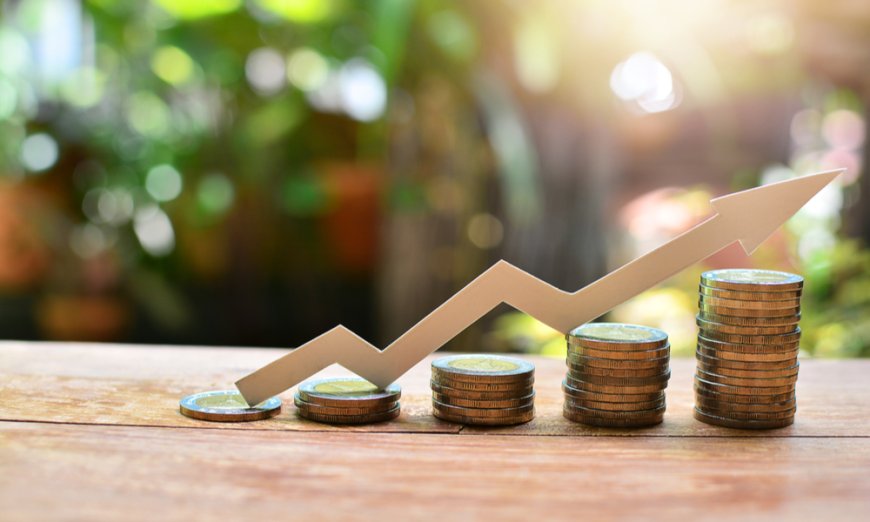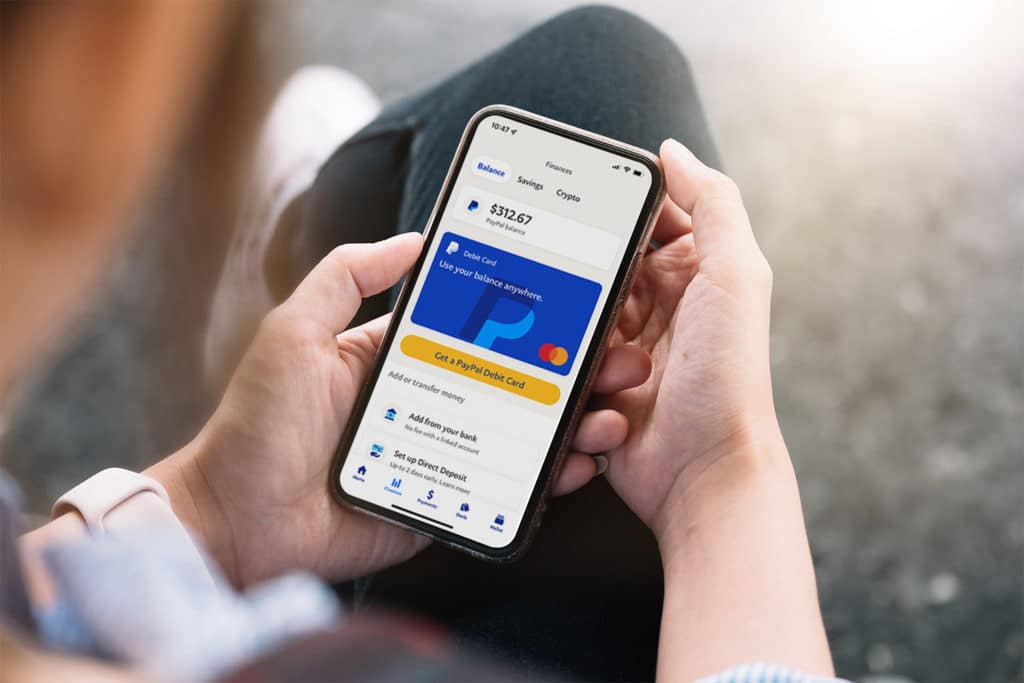The New Face of Finance : Saving, Investing, and Thriving
Across Africa, there’s a quiet financial revolution underway. From rural farmers to urban professionals, people are taking control of their money. Digital banks, mobile wallets, micro-investments, and financial literacy programs are creating a new wave of financially empowered Africans. This shift is not just about numbers—it's about freedom, growth, and resilience.

Financial Landscape Is Transforming
Across Africa, there’s a quiet financial revolution underway. From rural farmers to urban professionals, people are taking control of their money. Digital banks, mobile wallets, micro-investments, and financial literacy programs are creating a new wave of financially empowered Africans.
This shift is not just about numbers—it's about freedom, growth, and resilience.
1. The Rise of Mobile Money
Mobile money is no longer a luxury—it’s a way of life. Platforms like MTN Mobile Money, M-Pesa, and Airtel Money have enabled millions to:
-
Send and receive money
-
Pay bills instantly
-
Save safely without a bank account
Even in remote areas, people are accessing basic financial services for the first time, helping to close the financial inclusion gap.

2. Digital Banking and Neobanks Are Gaining Ground
Traditional banks are facing competition from digital-first banks and fintechs. Startups like Chipper Cash, Eversend, and PiggyVest are offering:
-
Zero-fee transactions
-
Automated savings
-
Investment tools for everyday users
Young people, especially, are ditching paperwork-heavy banking in favor of easy, app-based finance.
3. Investing Is No Longer Just for the Rich
Platforms are making it possible to invest with as little as 1,000 RWF or $1. This has opened the door to:
-
Stock market access (locally and internationally)
-
Real estate pooling
-
Crypto and digital assets (used carefully and with education)
Financial apps are now teaching users how to grow money over time through passive income, dividends, and compound interest.

4. Financial Literacy Is Finally a Priority
In schools, online courses, and community workshops, financial education is taking root. People are learning:
-
How to budget
-
How to avoid debt traps
-
The importance of saving and investing early
Organizations like Rwanda’s Capital Market Authority and local NGOs are leading nationwide campaigns to boost financial knowledge—especially among youth and women.
5. SMEs Are Accessing Finance Like Never Before
Small and medium-sized enterprises (SMEs) are the heartbeat of African economies. Now, thanks to:
-
Digital credit scoring
-
Peer-to-peer lending
-
Government-backed microloans
… many small businesses can finally access the capital they need to grow.
This is creating jobs, expanding local production, and boosting exports.
6. Fintech Security: A New Frontier
With the digital boom comes risk. Cybercrime and fraud are on the rise, forcing fintechs and banks to adopt new technologies like:
-
Biometric verification
-
AI fraud detection
-
Real-time transaction alerts
Customers are being educated on how to keep their passwords, pins, and devices secure.

2. PayPal and Cash App Expand Access to Global Income
Platforms like PayPal and Cash App are now more widely used in Africa, especially by freelancers, entrepreneurs, and digital nomads. Here’s what’s changing:
-
PayPal, once limited in Africa, has partnered with local banks (like Equity in Kenya and Bank of Kigali) to allow withdrawals and online shopping.
-
Cash App, though not fully supported in all African countries, is being used by the diaspora to send funds to family through crypto and cross-border remittances.
-
Local fintechs are now integrating PayPal gateways into their apps, allowing businesses to accept international payments.

Conclusion: The Financial Future Is Local, Digital, and Empowered
Finance in Africa is no longer about waiting in long bank lines or being denied access to credit. It’s about opportunity—on your phone, in your pocket, and on your terms. With innovation, education, and regulation working together, Africa’s financial future looks bright.
What's Your Reaction?
 Like
0
Like
0
 Dislike
0
Dislike
0
 Love
0
Love
0
 Funny
0
Funny
0
 Angry
0
Angry
0
 Sad
0
Sad
0
 Wow
0
Wow
0












































